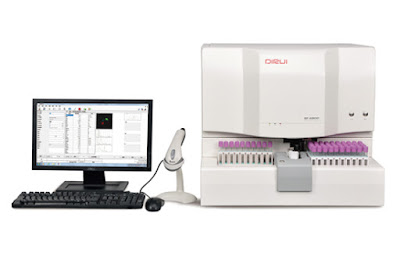Perhaps the most common laboratory procedure performed for hospital patients and outpatients is complete blood count (CBC) or CBC with differential. CBC serves as a screening and diagnostic test for a wide range of conditions and diseases as well as a monitoring tool for treatment and disease status. Given its foundational nature and despite its relative simplicity, the veracity of this basic blood testing is essential. Therefore, thorough validation testing on all new hematology analyzers must be performed to ensure patient safety.
It is reasonable to assume that a newly acquired piece of diagnostic equipment would run as intended, as manufacturers perform their own validation testing to prove intended use and to fulfill regulatory requirements prior to launching a product in the market. However, the ultimate responsibility of verifying instrument performance specifications and characteristics prior to the patient testing falls to the end-user laboratory.
Source: MedLabMag


